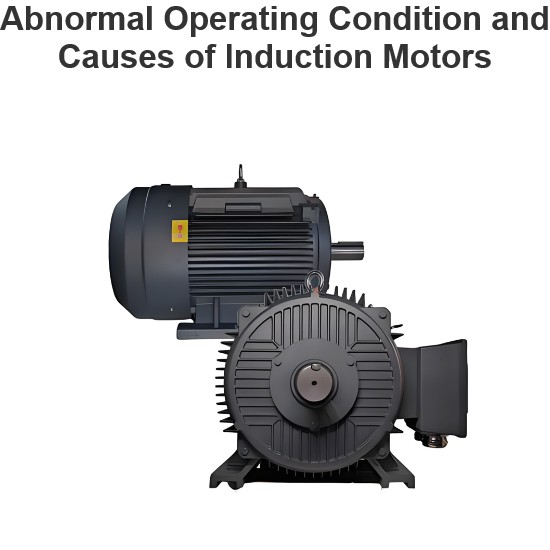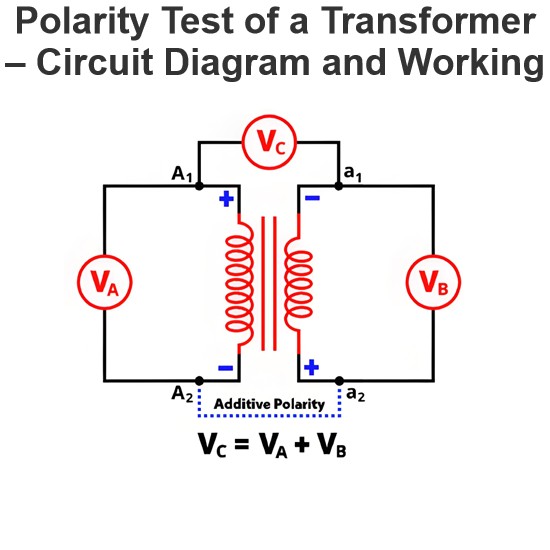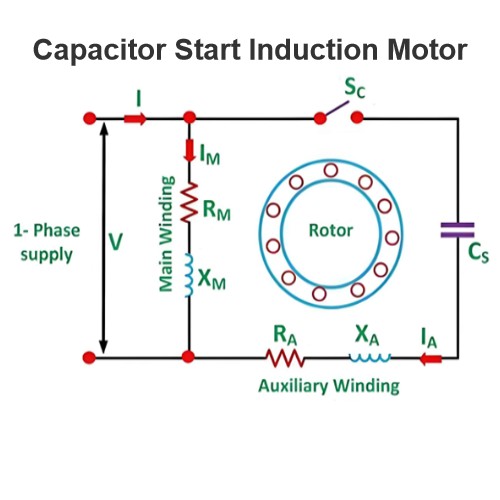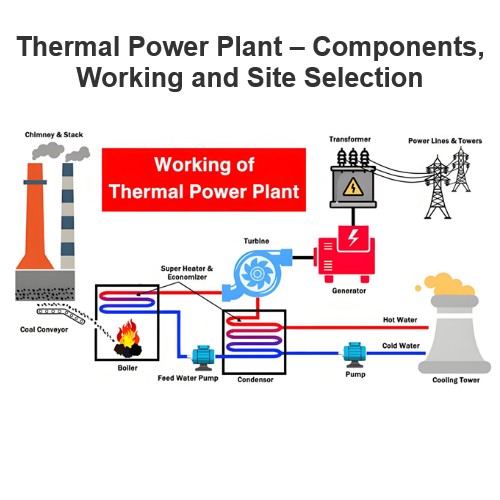What is an Alternator ?
What is an Alternator ?
Alternator definition
An alternator is defined as a device that converts mechanical energy into electrical energy in the form of alternating current.
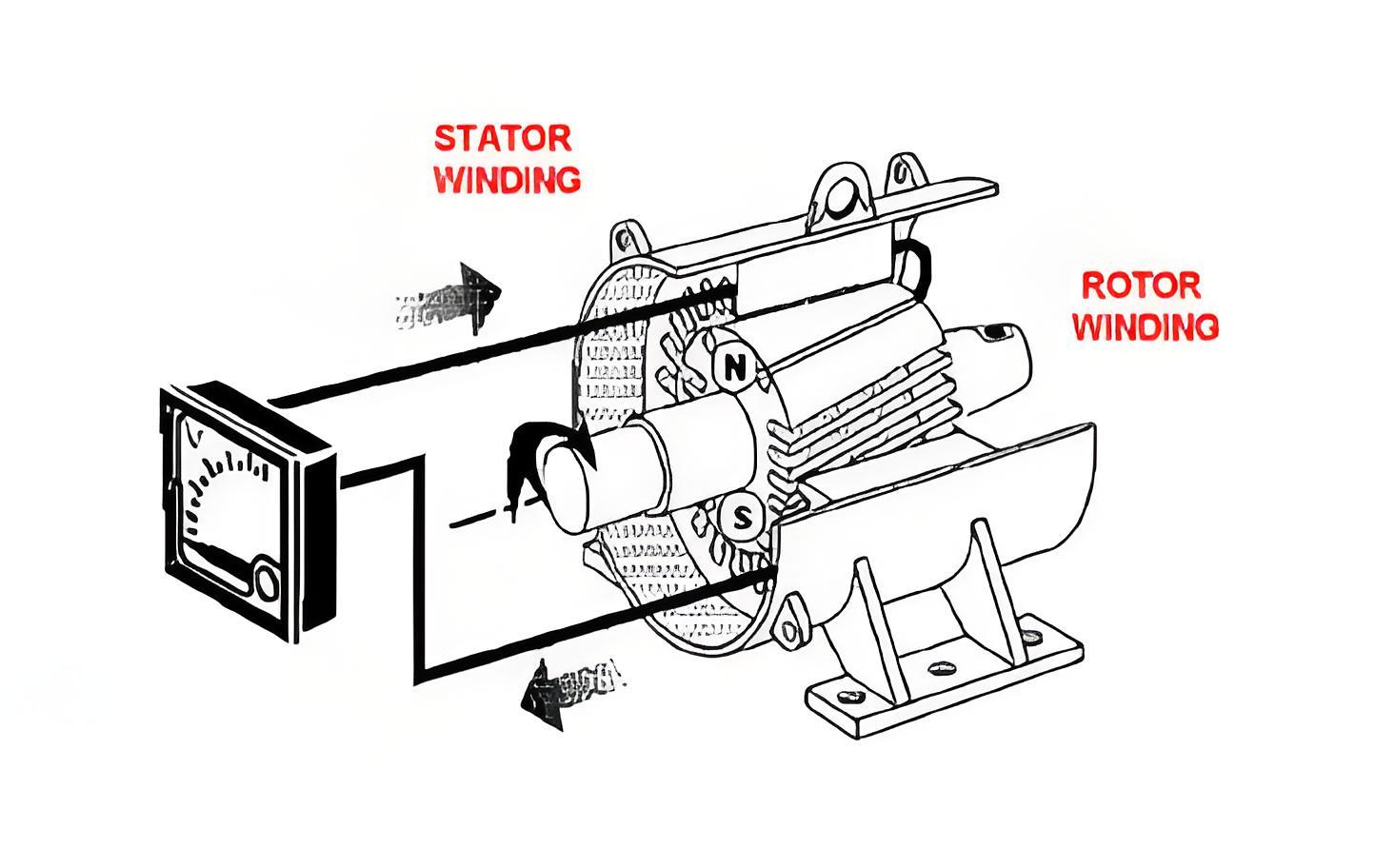
Applications in vehicles
Alternators are essential for modern vehicles, replacing older DC generators due to their efficiency and lighter weight.
Power conversion
The alternator generates alternating current, which is then converted to direct current using a diode rectifier to power the vehicle system.
Type of alternator
Automotive alternator - used in modern cars
Diesel-electric locomotive alternator - for diesel-electric EMUs
Marine alternator - for Marine applications
Brushless alternator - used as the main power source in power plant.
Radio alternator - for low-band RF transmission
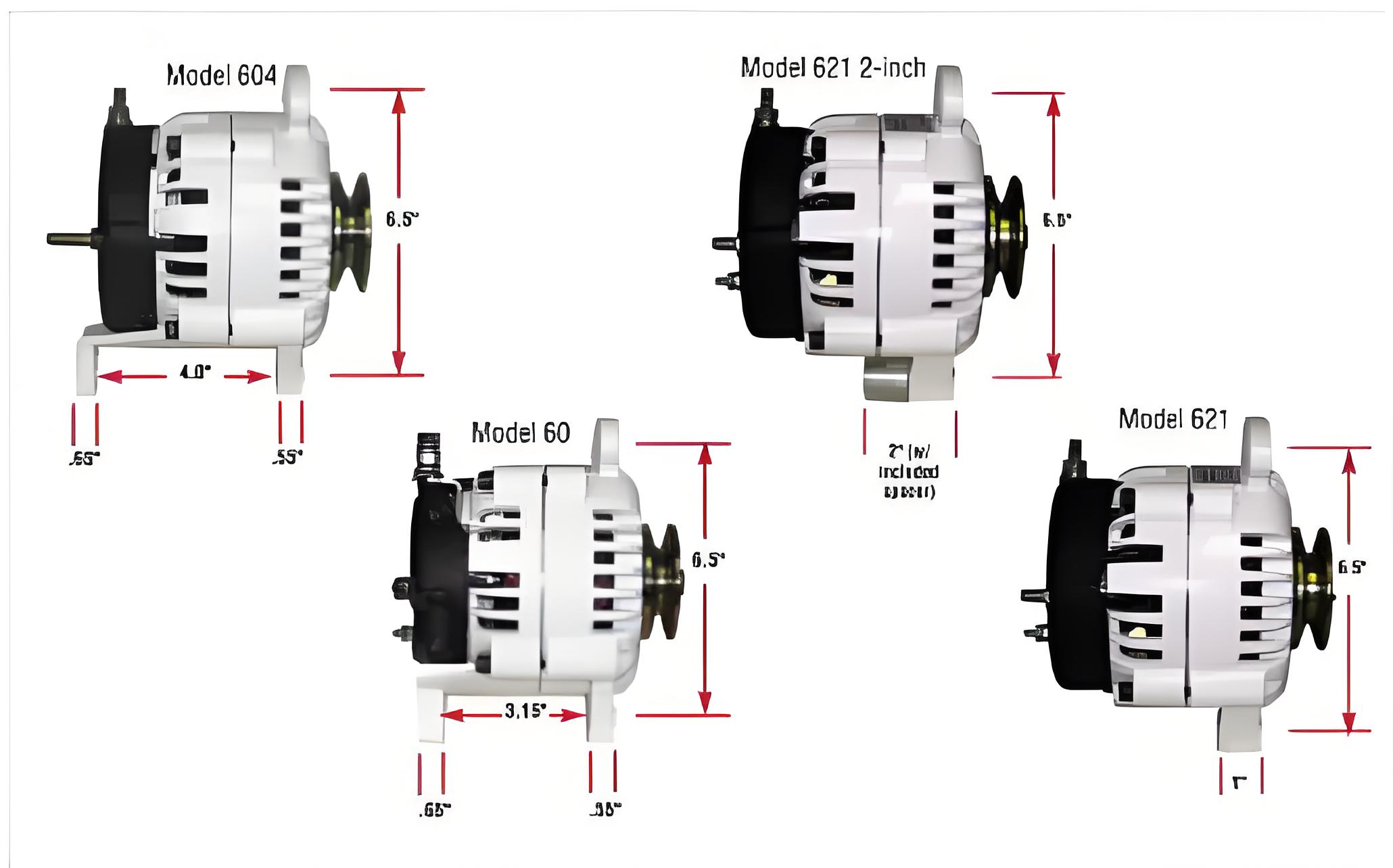
According to its design, it is mainly divided into two categories:
Salient pole type
We use it as a low and medium speed alternator. It has a large number of protruded poles whose core is bolted or dovetailed to a heavy magnetic wheel made of cast iron or steel of good magnetic quality.
This type of generator is characterized by large diameter and short axial length. These generators look like a big wheel. These are mainly used for low-speed turbines, such as the Haider power plant.
Smooth cylinder
We use it in alternators driven by steam turbines. The rotor of the generator spins at a very high speed. The rotor consists of a smooth solid forged steel cylinder with a certain number of slots milled out at intervals along the periphery to accommodate the exciting coils.
These rotors are primarily designed for use in 2 - or 4-pole turbine-generators operating at 36,000 rpm or 1800 rpm, respectively.
Historical insight
The development of alternators, heavily influenced by pioneers such as Michael Faraday and Nikola Tesla, continues to evolve to meet a variety of industrial needs.
The Electricity Encyclopedia is dedicated to accelerating the dissemination and application of electricity knowledge and adding impetus to the development and innovation of the electricity industry.
